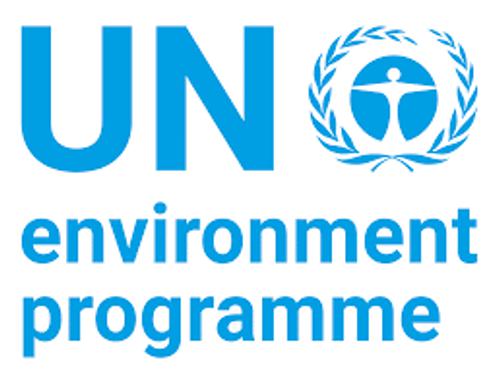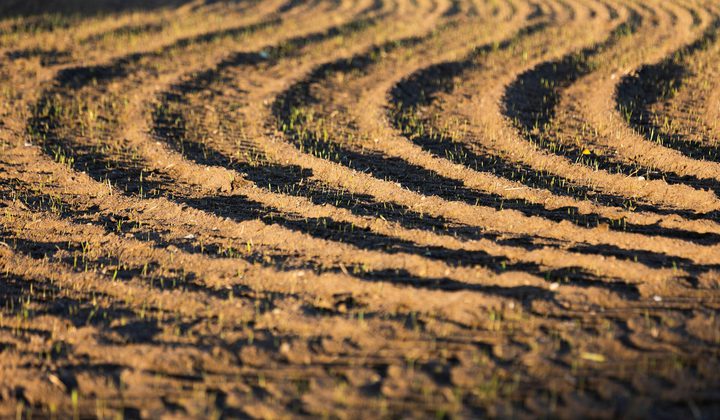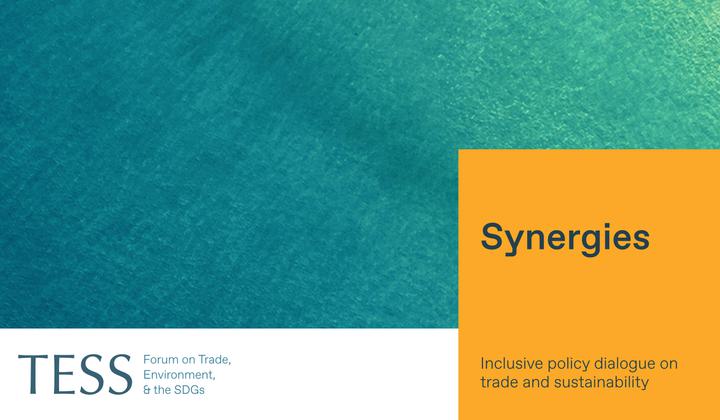This one day deep dive explored possible approaches and pathways to address environmentally harmful agricultural subsidies.
The deep dive brought together government officials from both developed and developing countries with leading experts from think tanks and international organizations in an informal and off-the-record setting. After a series of short thought starter remarks, delegates and experts engaged in an open discussion. The dialogue took place in a brainstorming mode and provided an opportunity for in-depth discussions on the following key questions:
- Based on existing literature and state of the art knowledge, what are the main impacts on biodiversity loss, soil degradation, water pollution/scarcity, or GHG emissions associated with subsidies granted to different production methods, or agricultural practices?
- What are the broader social, economic, and environmental trade-offs to be taken into account in the assessment of different subsidy schemes (e.g. food or livelihood security imperatives but also between different environmental priorities, e.g. GHG reduction vs. biodiversity conservation)?
- What lessons can be learned from efforts aimed at repurposing agricultural subsidies to tackle pressing sustainability challenges?
- Given the highly context specific nature of subsidies and possible trade-offs between different policy objectives, what might be the best approach to address environmentally harmful agricultural subsidies in the WTO?
- What types of collaborative outcomes could be envisaged in the short and medium term under different WTO bodies and international initiatives?
- What are key knowledge gaps in this area and how could they be overcome?
Agenda
9:30 – 9:40 Welcome remarks
- William Speller, UN Environment Programme (UNEP)
- Carolyn Deere Birkbeck, Forum on Trade, Environment and the SDGs (TESS)
9:40 – 10:15 Session 1: The policy context and relevance
This session will briefly discuss the policy context and relevance of fostering enhanced cooperation on environmentally harmful subsidies at the international level.
- H.E. Mr. James Baxter, Ambassador, Permanent Representative of Australia to the WTO
- H.E. Mr. Guilherme Patriota, Ambassador, Permanent Representative of Brazil to the WTO and International Organizations in Geneva
- H.E. Mrs. Pimchanok Pitfield, Ambassador, Permanent Representative of Thailand to the WTO and WIPO
10:15 – 11:15 Session 2: Setting the scene
After a short reminder of the discussions to date on the sustainability dimension of the domestic support reform process in the WTO, this session will provide an overview of the composition and evolution of agricultural subsidies drawing on WTO notifications, OECD data and other relevant sources. It will then review the main findings of available studies examining the relationship between agricultural support and environmental impacts, highlighting areas where further analysis is required.
Discussion starters (5 min each):
- Ulla Kask, World Trade Organization (WTO)
- Guillaume Gruère, Organization for Economic Cooperation and Development (OECD)
- David Laborde, Food and Agriculture Organization (FAO)
- Aeree Joy Kim, UN Environnent Programme (UNEP)
Click HERE for Aeree Joy Kim's presentation.
Open discussion among delegations
11:15 – 11:30 Coffee break
11:30 – 13:00 Session 3: Assessing the environmental impacts of agriculture subsidies
This session will dive deeper into the specific impacts of agriculture subsidies on different environmental challenges including GHG emissions, biodiversity loss, water, or soil pollution and degradations. In doing so, the discussion will highlight different production methods, or agricultural practices as well as context specific circumstances or agro-ecological conditions where the impacts of subsidies tend to be the highest. Finally, it will identify trade-offs between different environmental objectives or broader public policy goals such as food or livelihood security.
Discussion starters (10 min each):
- Lena Gubler, Swiss Federal Institute for Forest, Snow and Landscape (WSL) – Biodiversity
Click HERE for Lena Gubler's presentation.
- Anthony Cox, Ecologic Institute – GHG emissions
Click HERE for Anthony Cox's presentation.
- Silvia Secchi, University of Iowa – Water
Click HERE for Silvia Secchi's presentation.
Open discussion among delegations
12:30 – 13:30 Lunch break
13:30 – 14:30 Session 4: A focus on domestic policy reforms and their impact on the environment
This session will review the evolution of existing support schemes at the domestic level and their consequences on some of the environmental challenges highlighted in the previous session. It will provide an opportunity to discuss lessons learned from reforming or repurposing agricultural subsidies and identify best practices.
Discussion starters (5 min each):
- Alan Matthews, Trinity College
- Jason Clay, World Wildlife Fund (WWF)
- Felipe Garcia-Cardona, Humboldt Institute
Open discussion among delegations
14:30 – 14:45 Coffee break
14:45 – 16:15 Session 5: Options and pathways to address environmentally harmful agriculture, focusing on the international trading system
Building on the considerations highlighted in previous sessions, discussions will explore different options for advancing inclusive international cooperation on environmentally harmful agricultural subsidies, focusing on the international trading system. It will review possible collaborative outcomes in the short and medium term in different fora and initiatives ranging from new disciplines through increased transparency, to guidelines, voluntary commitments or pledges. In so doing, it will explore possible hurdles and key knowledge gaps in this area, and how can they be overcome.
Discussion starters (5 min each):
- Juha Siikamäki, International Union for Conservation of Nature (IUCN)
- Madhur Gautam, International Food Policy Research Institute (IFPRI)
- Joaquin Arias, Inter-American Institute for Cooperation on Agriculture (IICA)
- Helen Ding, World Resources Institute (WRI) Centre of Excellence in Economics
- Christophe Bellmann, Forum on Trade, Environment & the SDGs (TESS)
Open discussion among delegations on options and prospects for trade-related cooperation on environmentally harmful agricultural subsidies, focusing on the international trading system as well as opportunities in other international processes.
16:15 – 16:30 Concluding remarks
Co-hosted with UNEP





